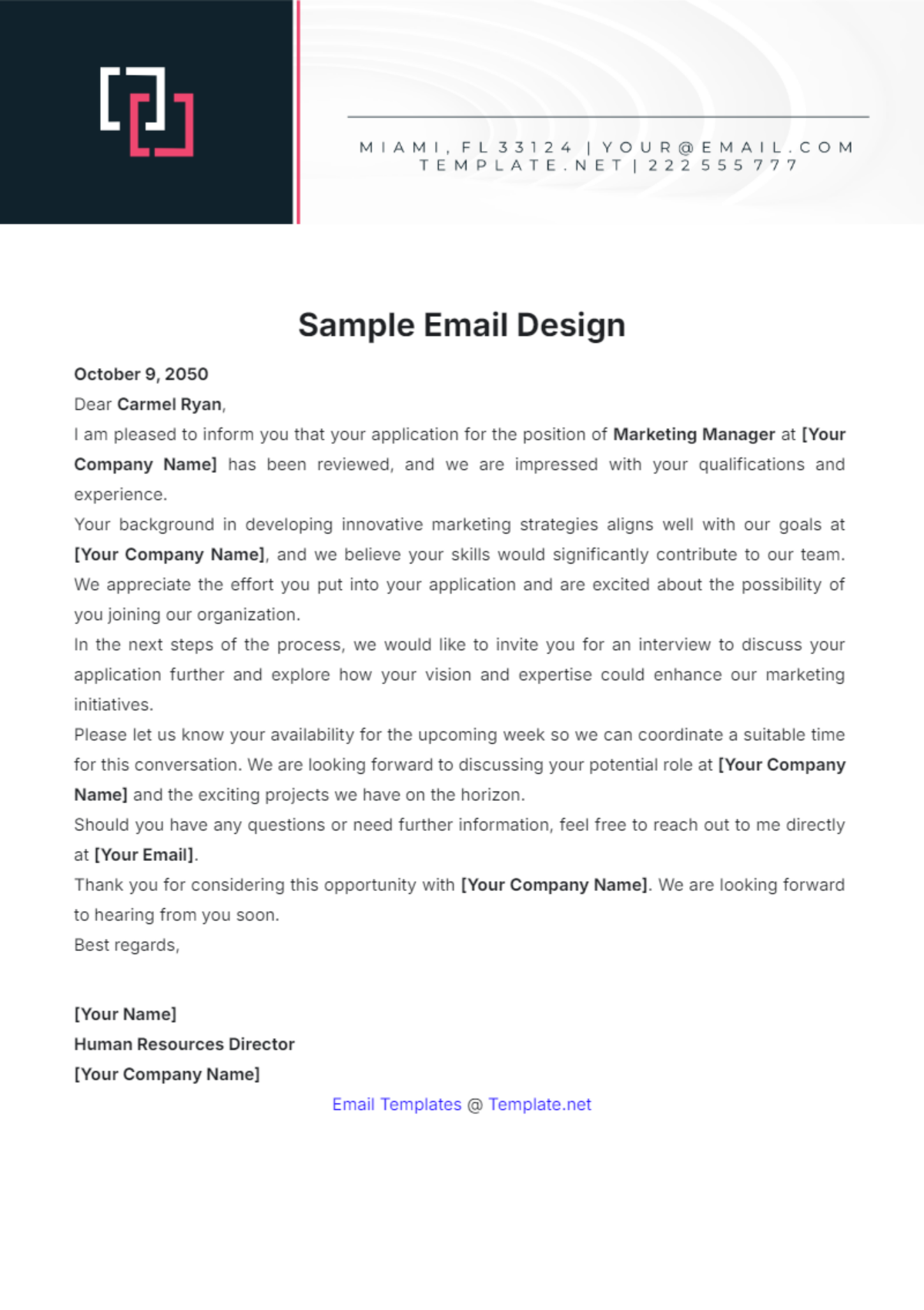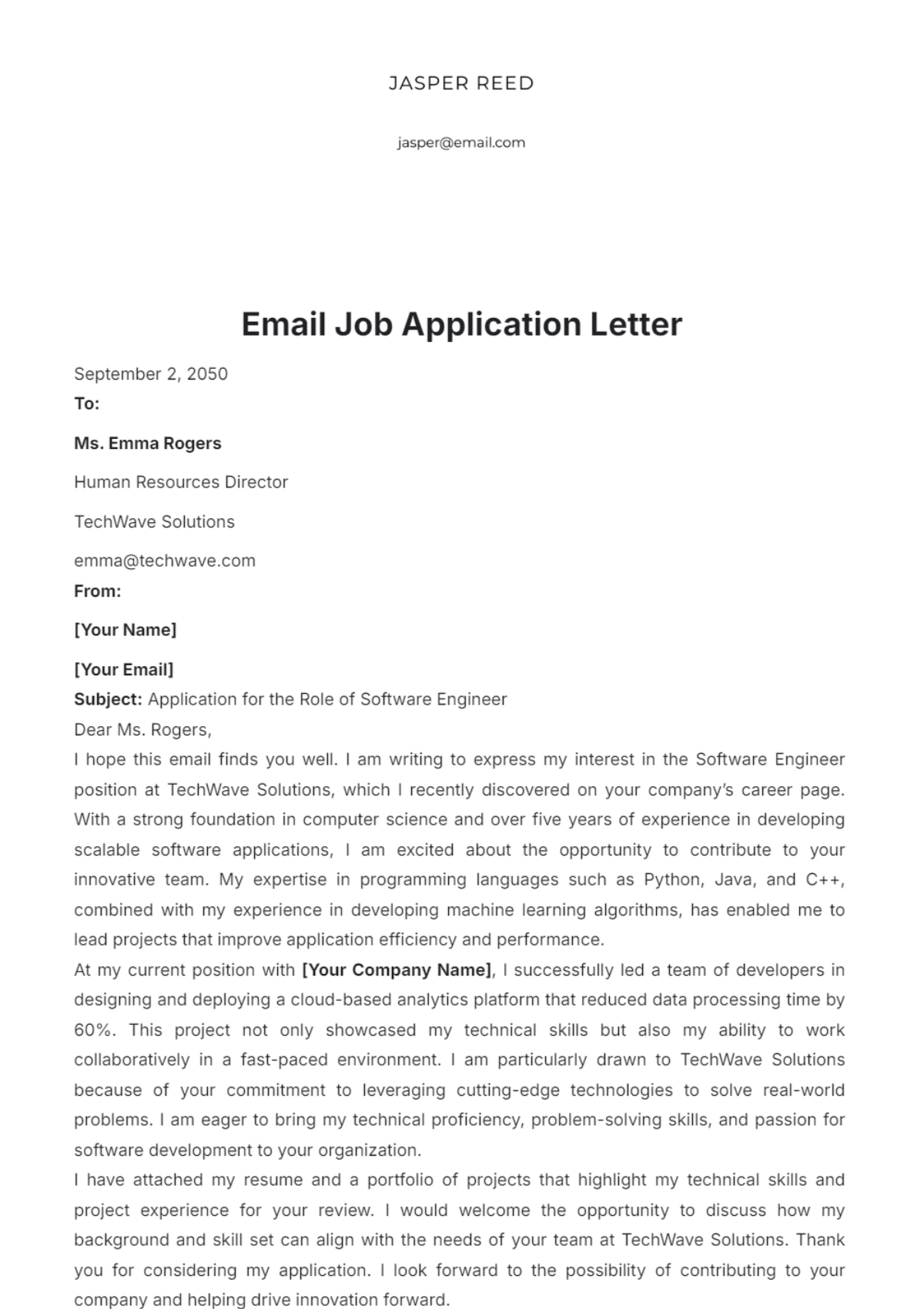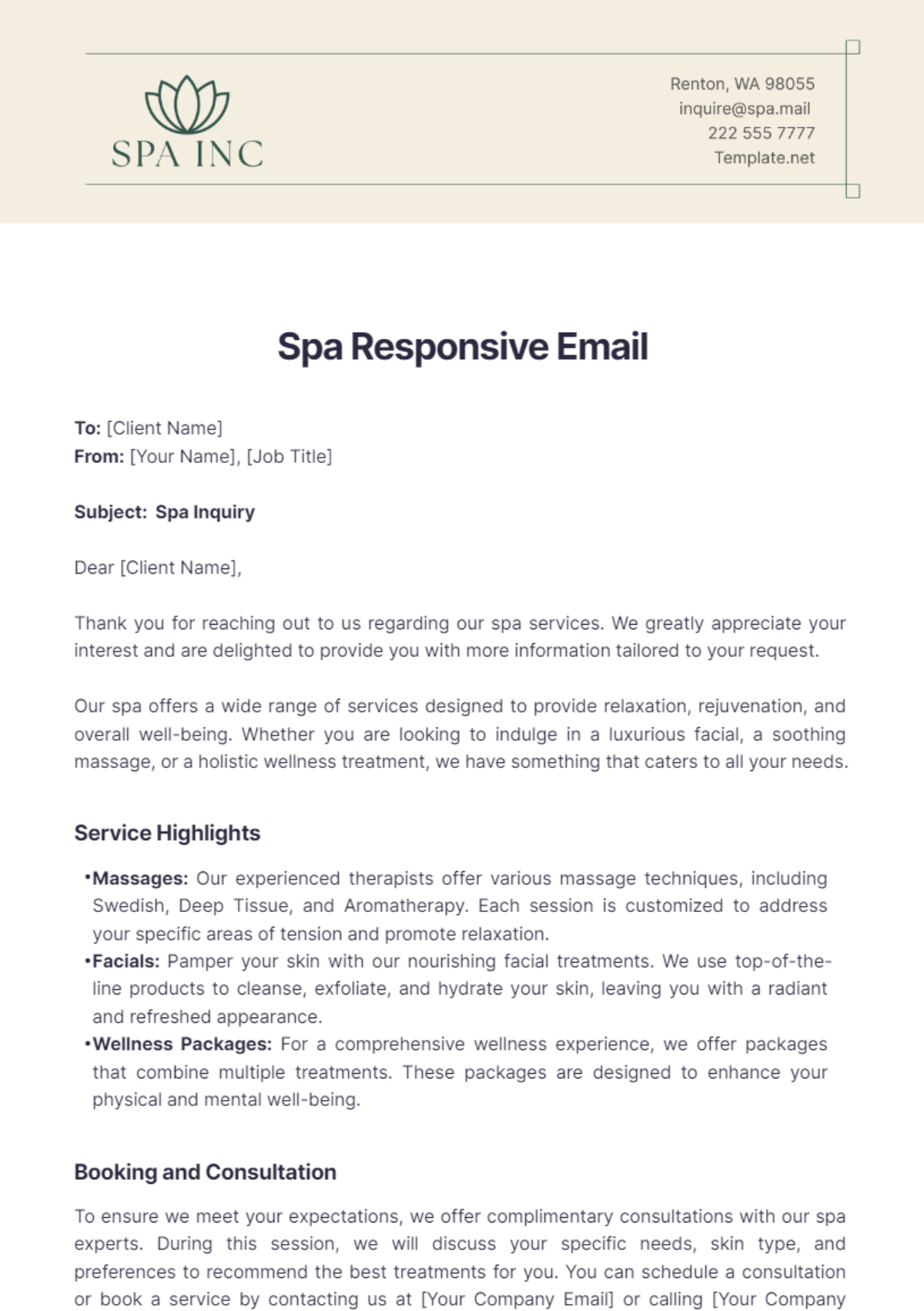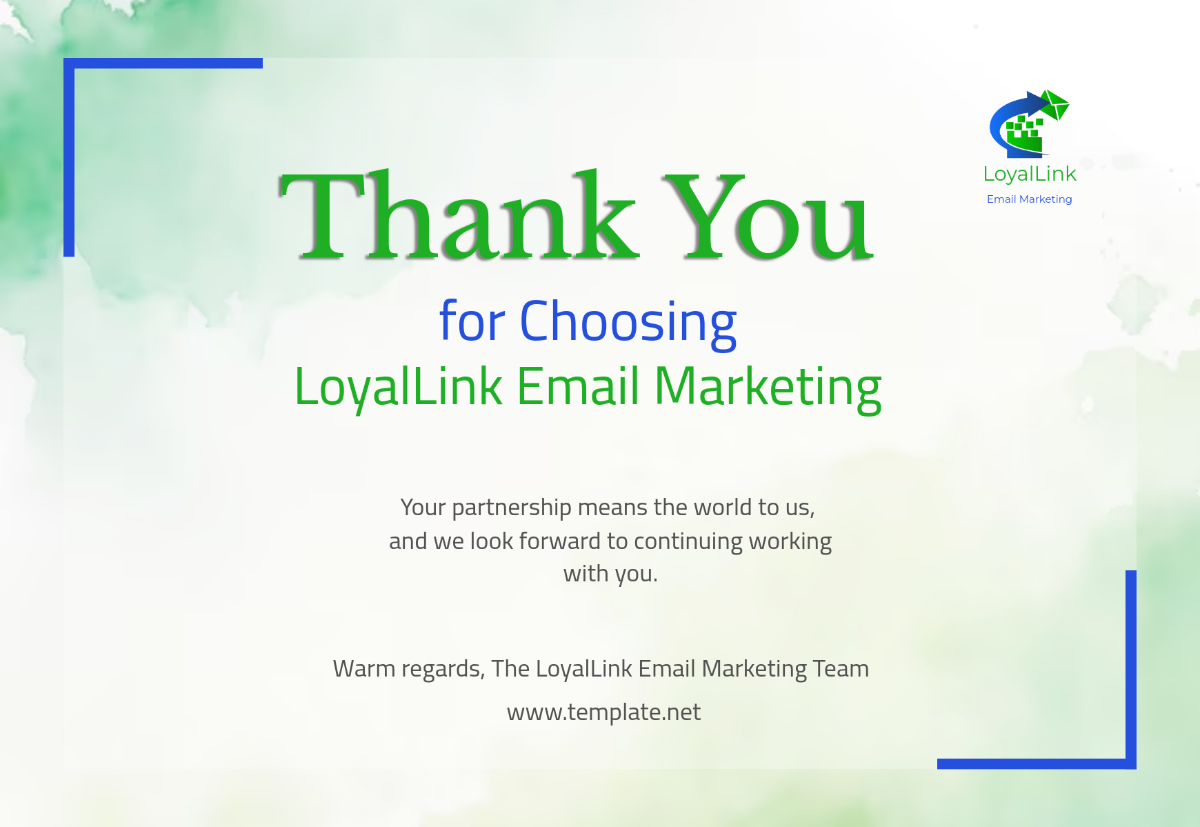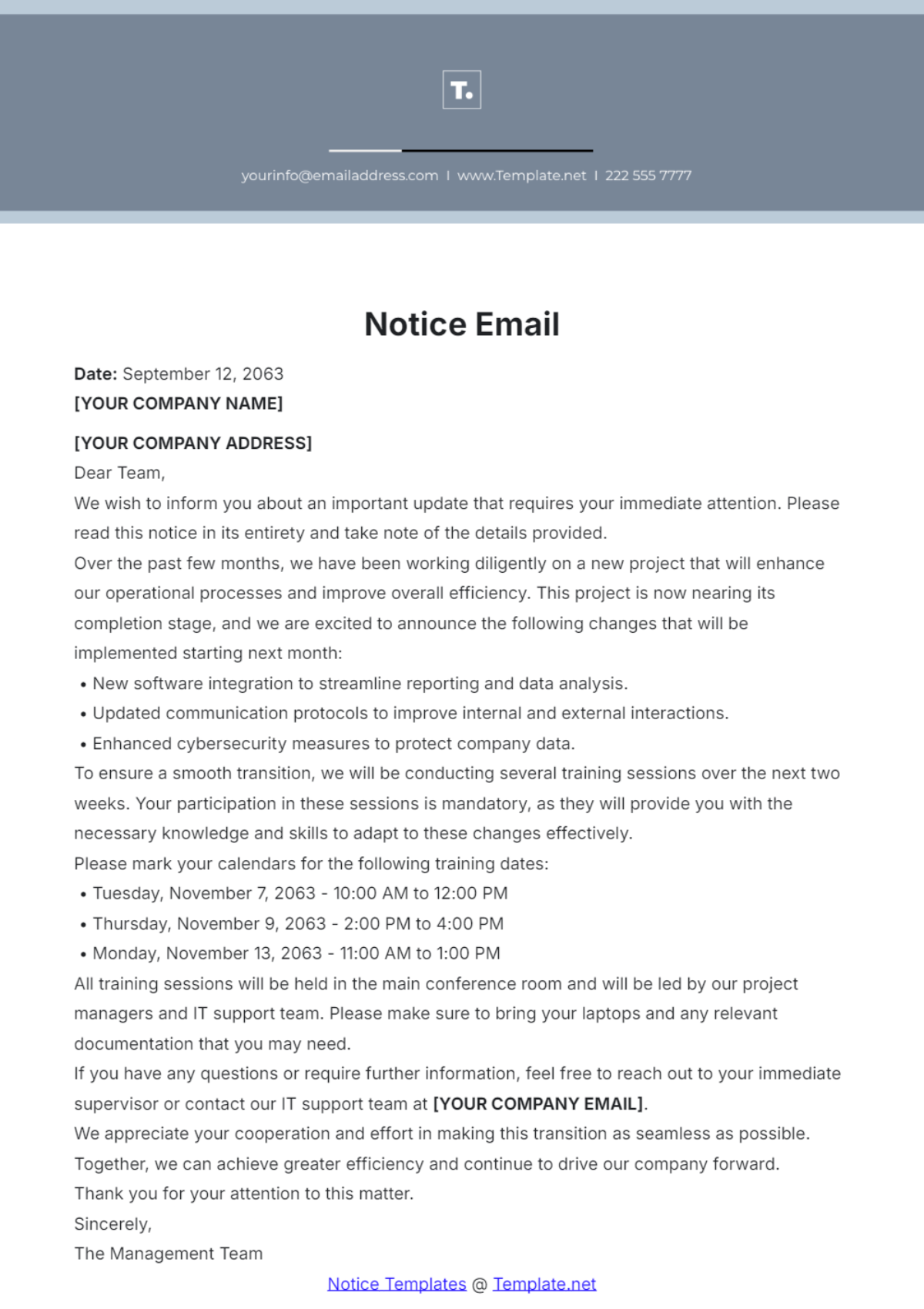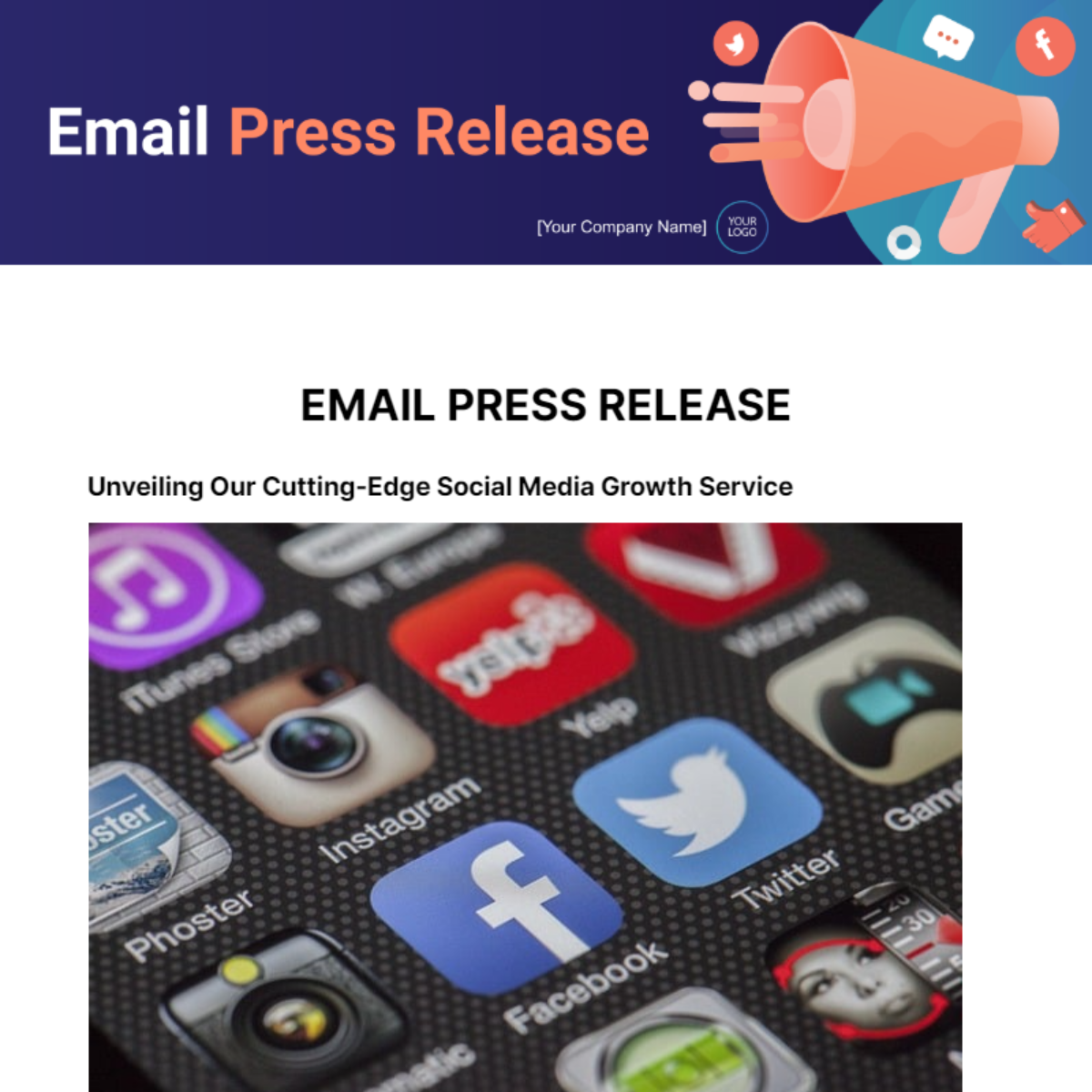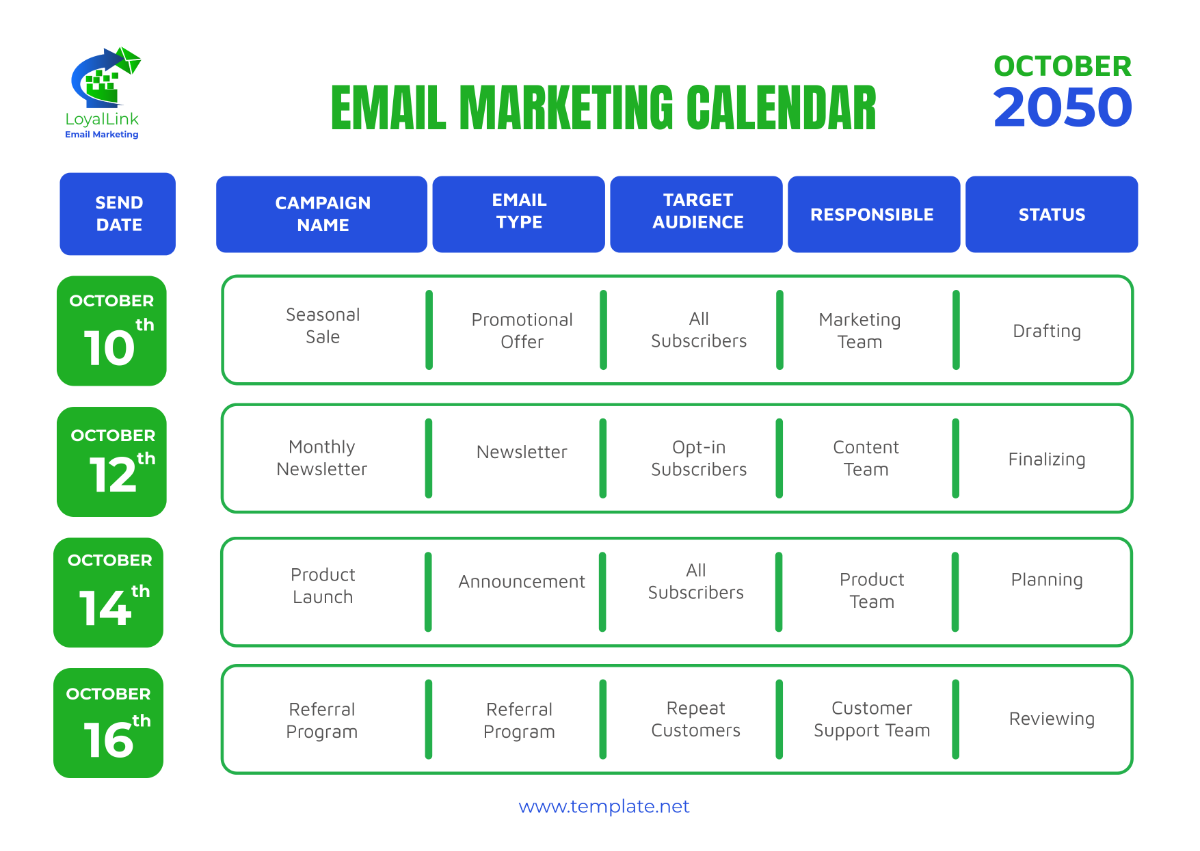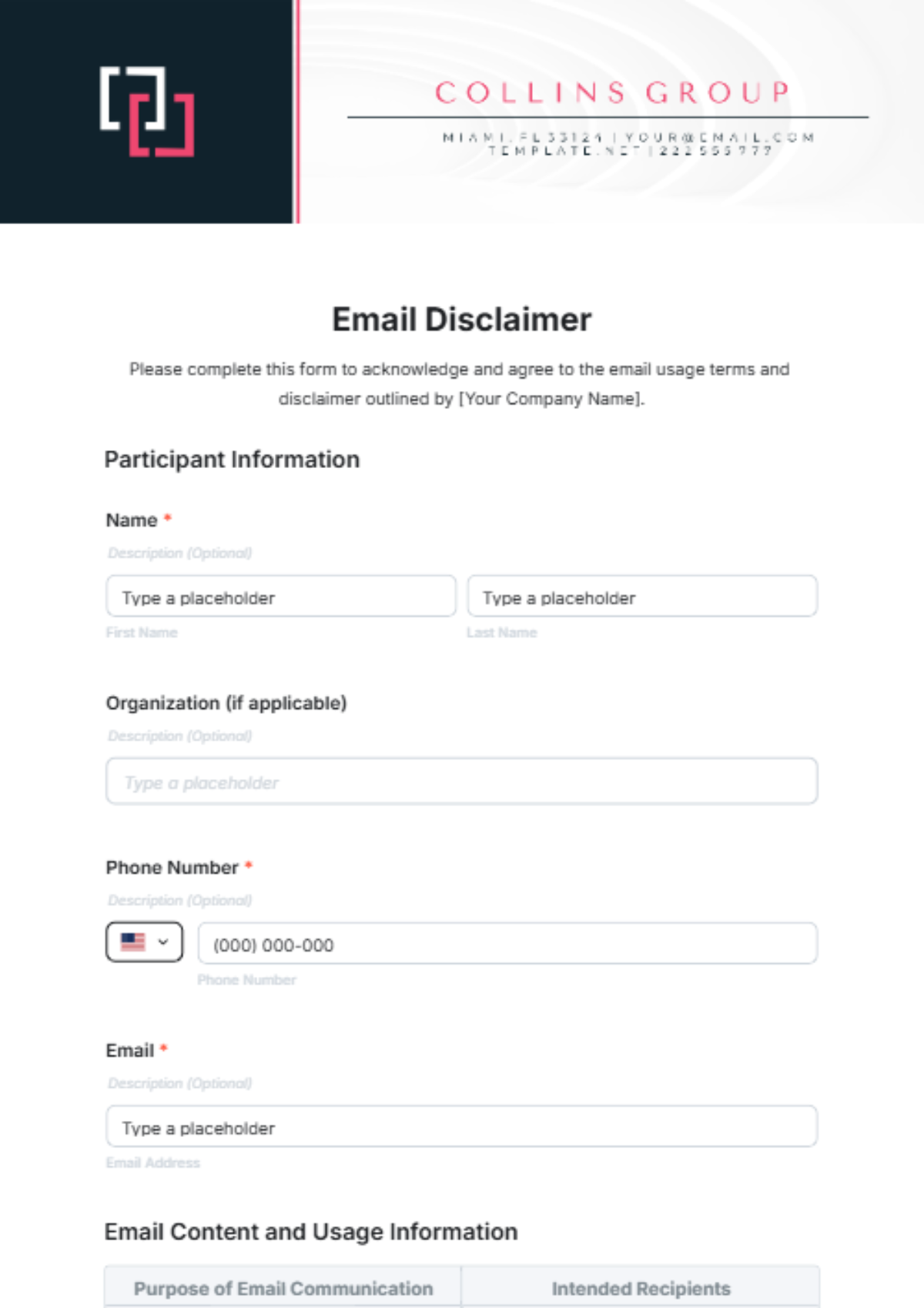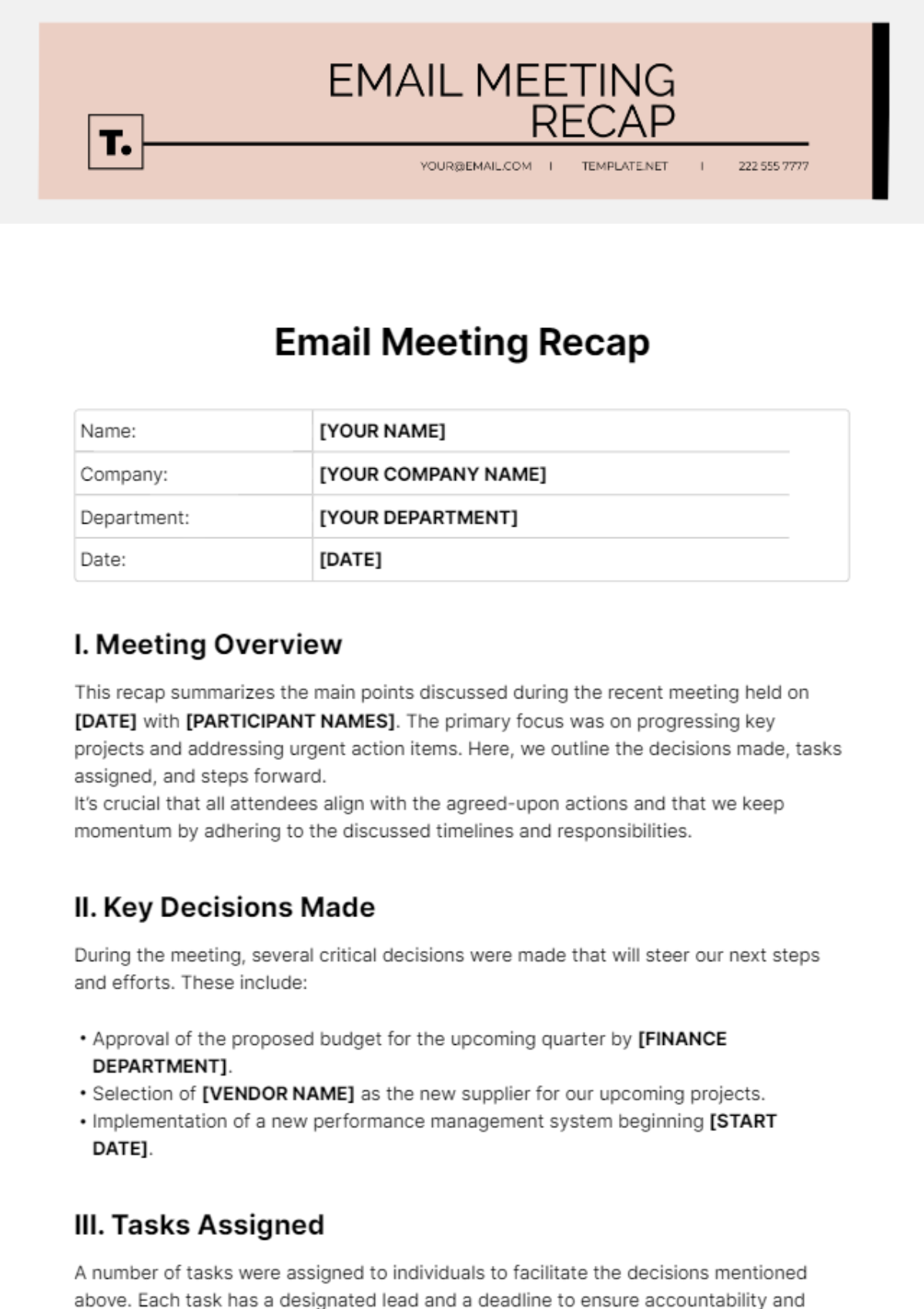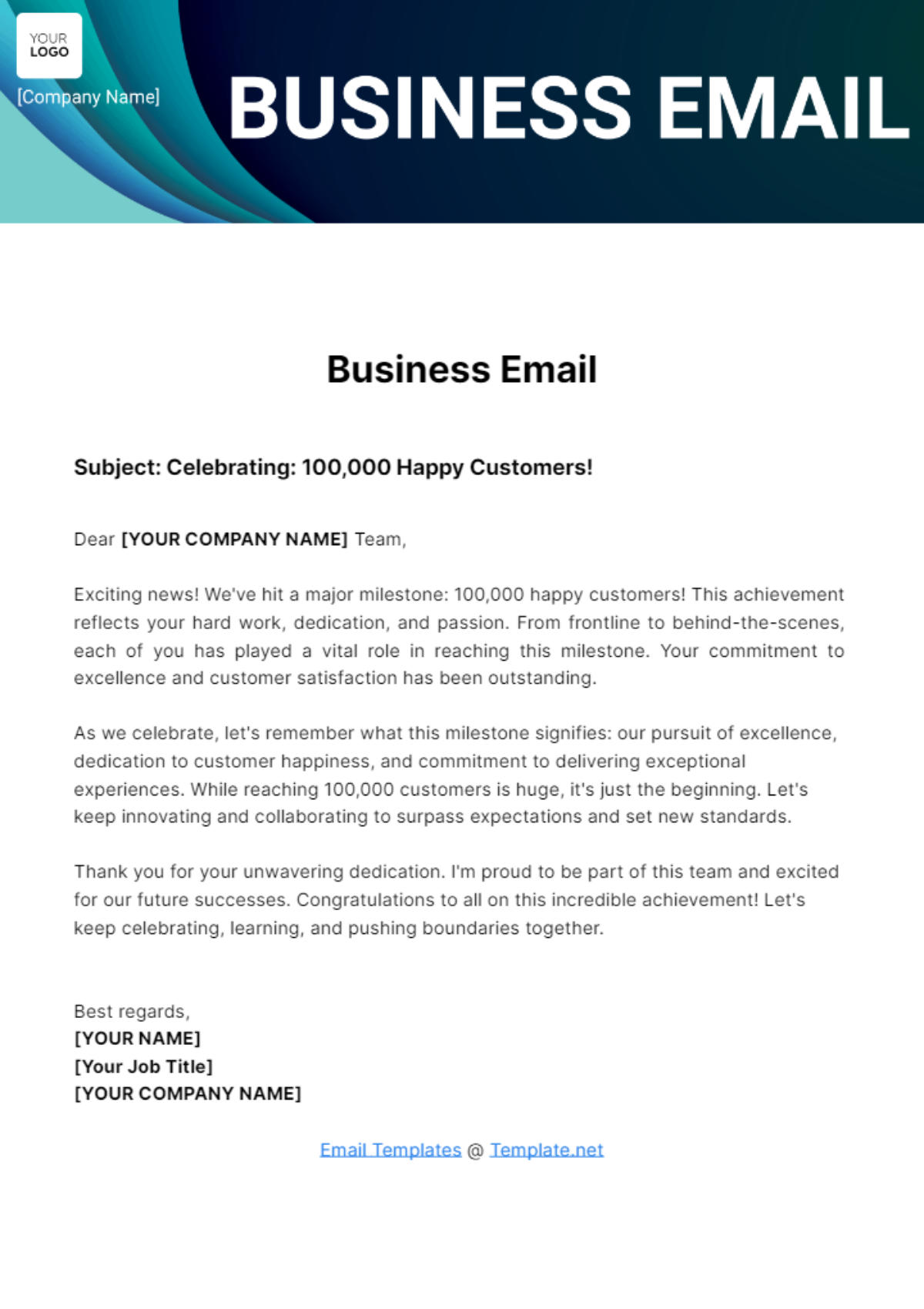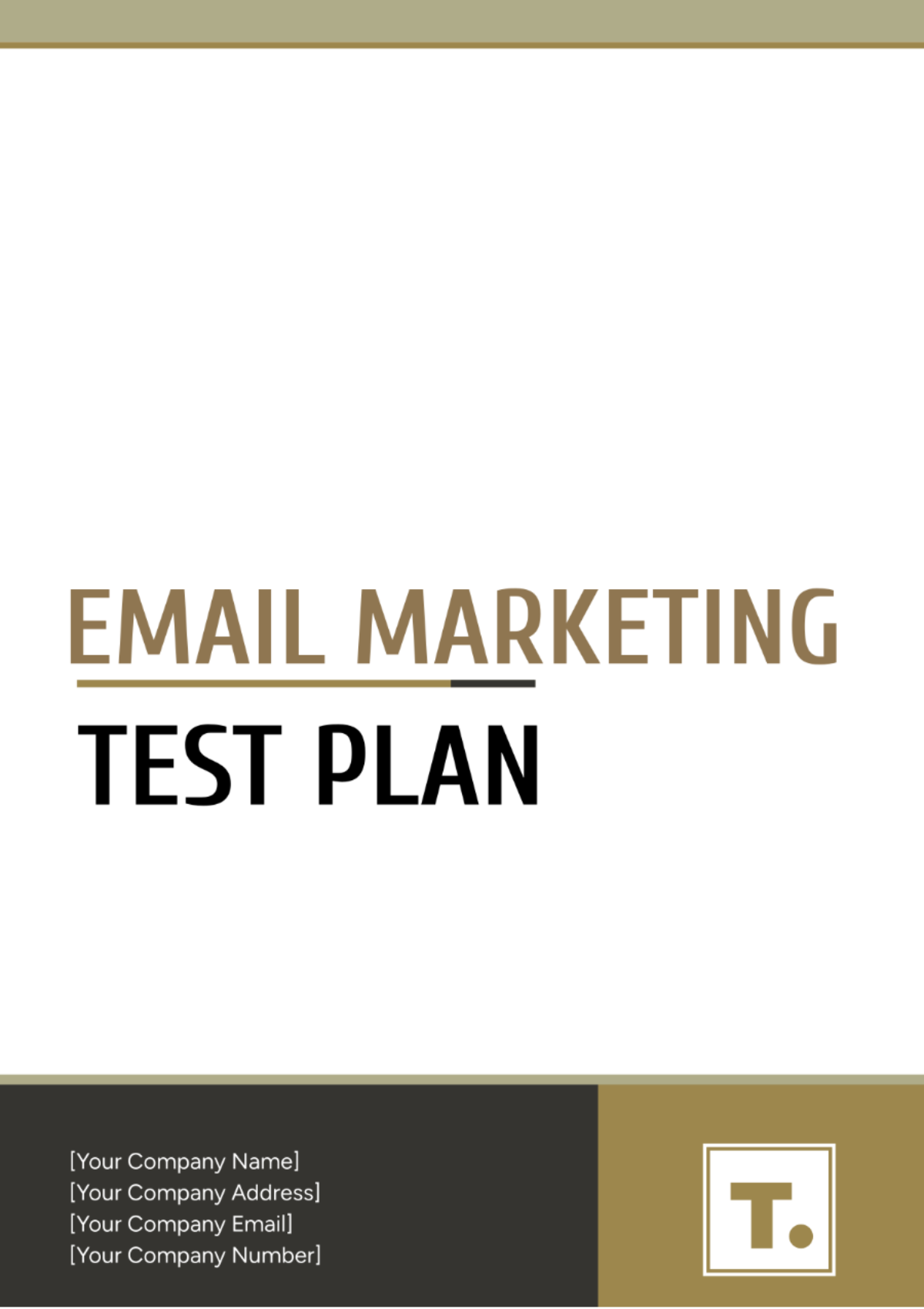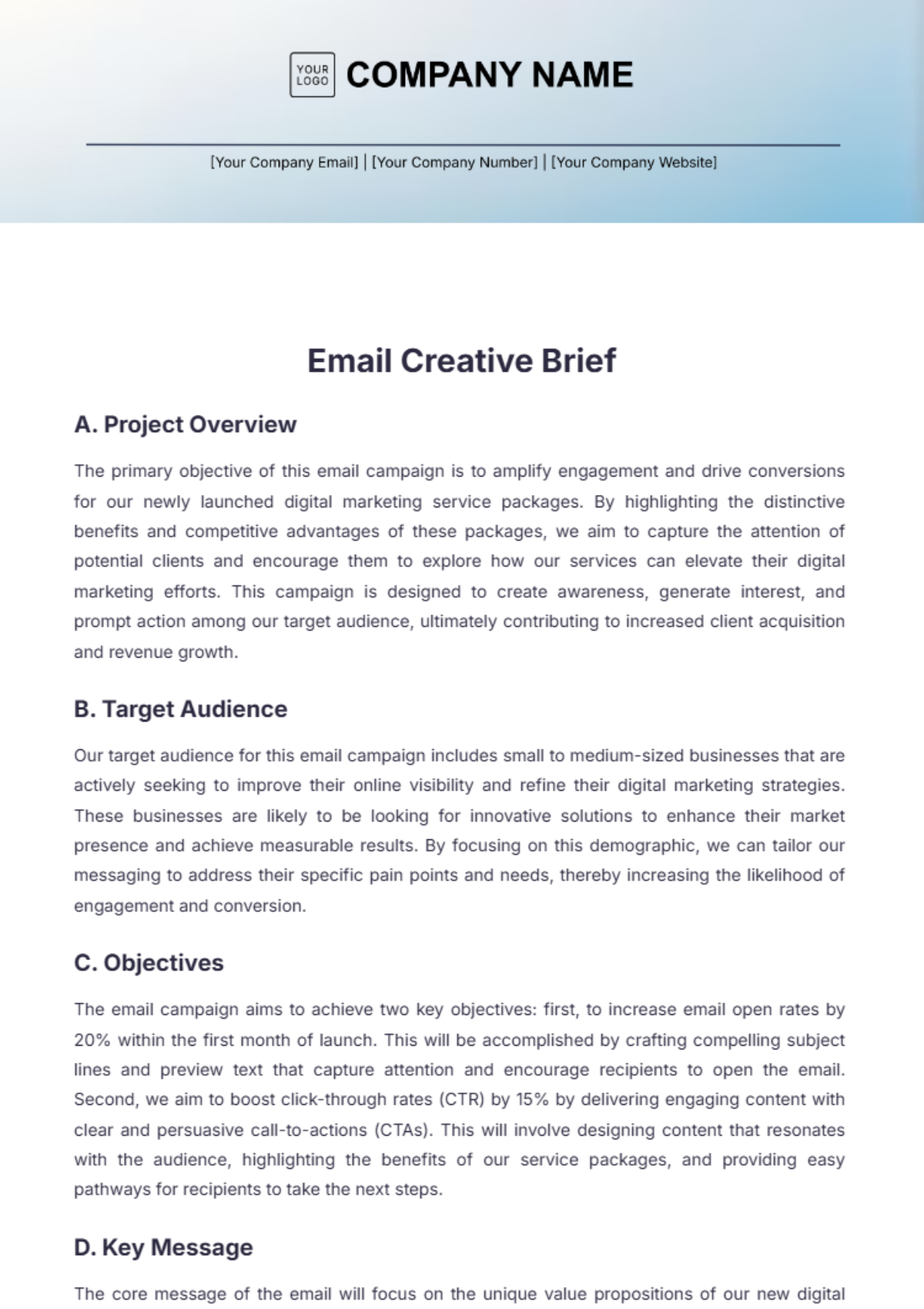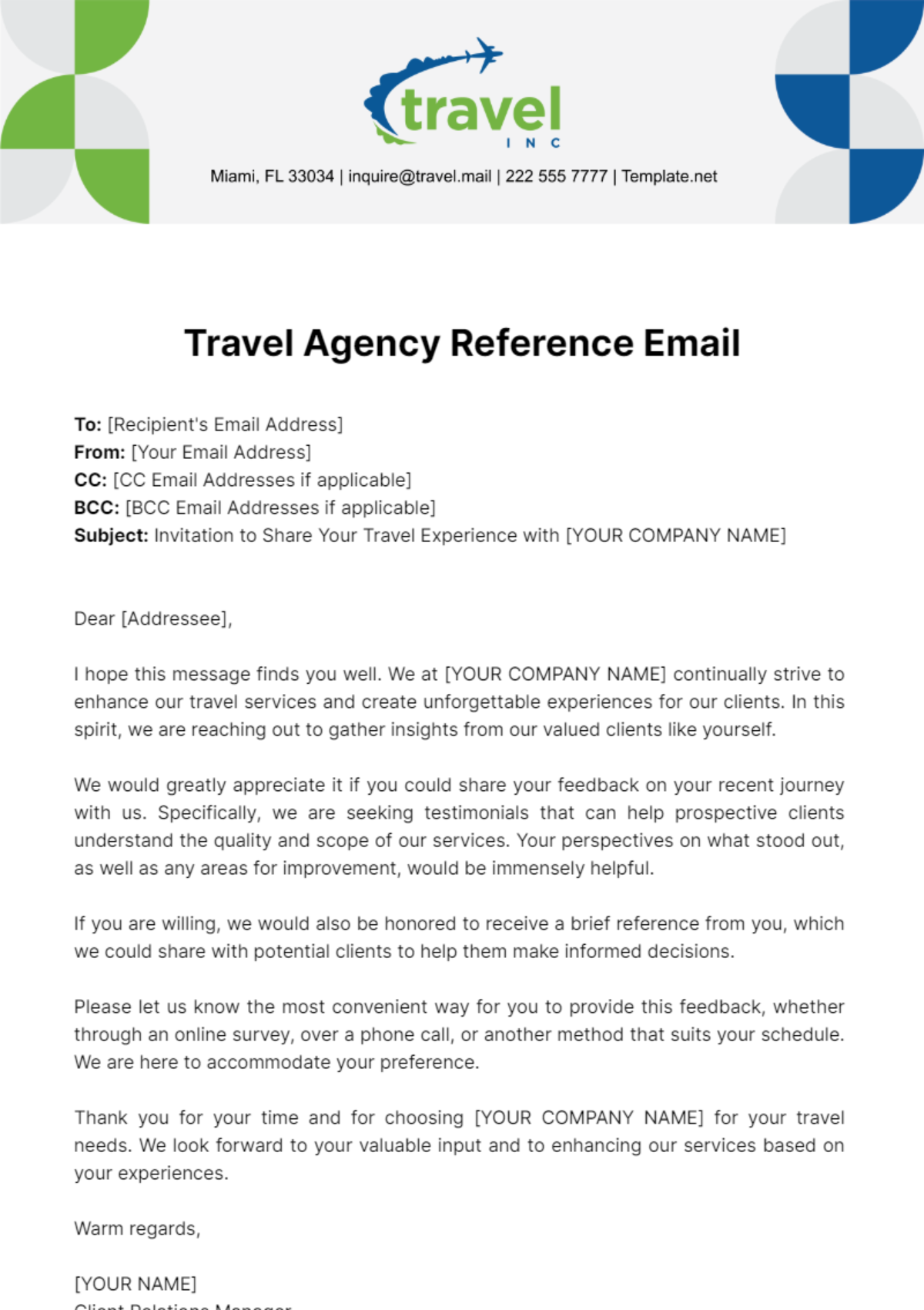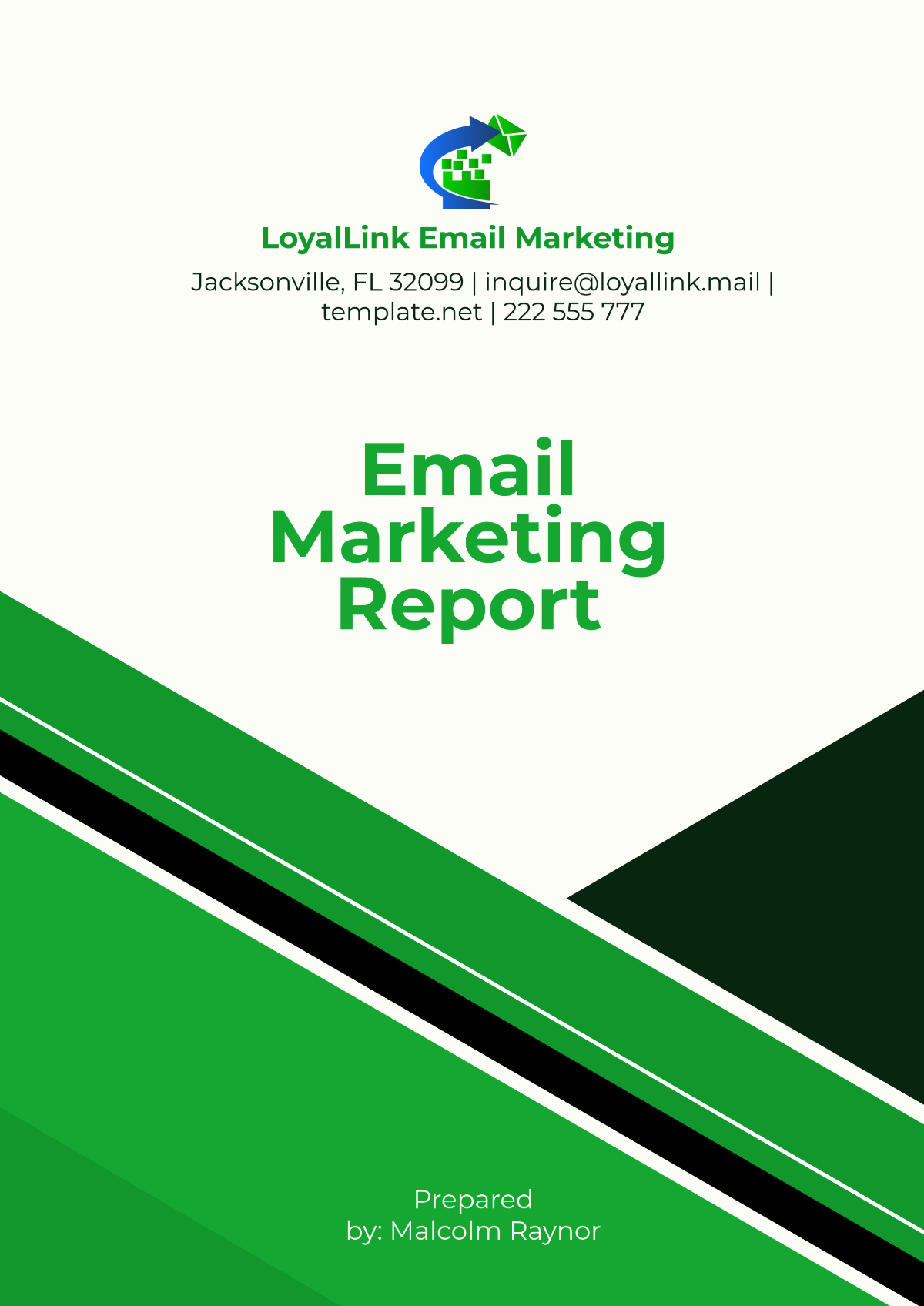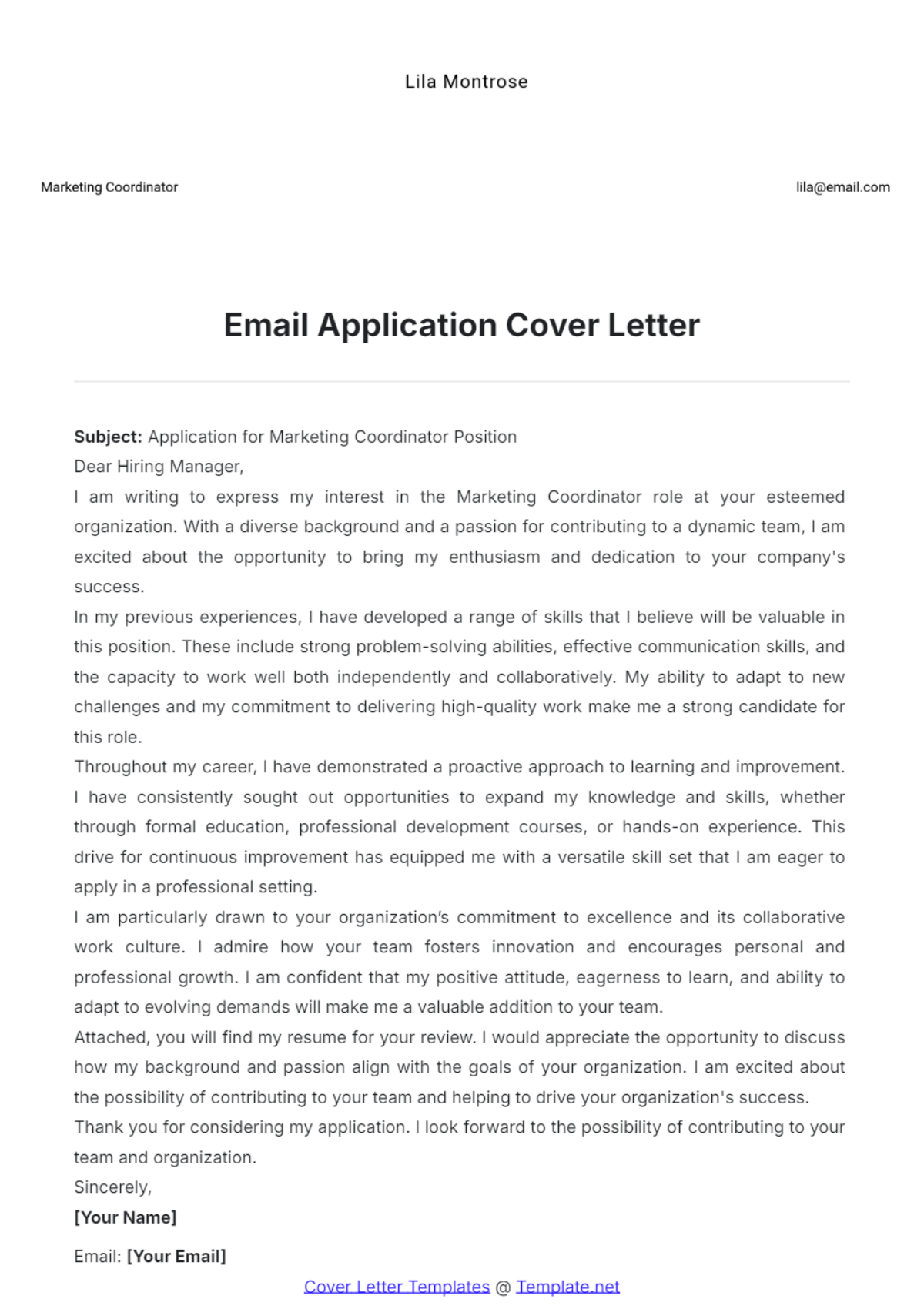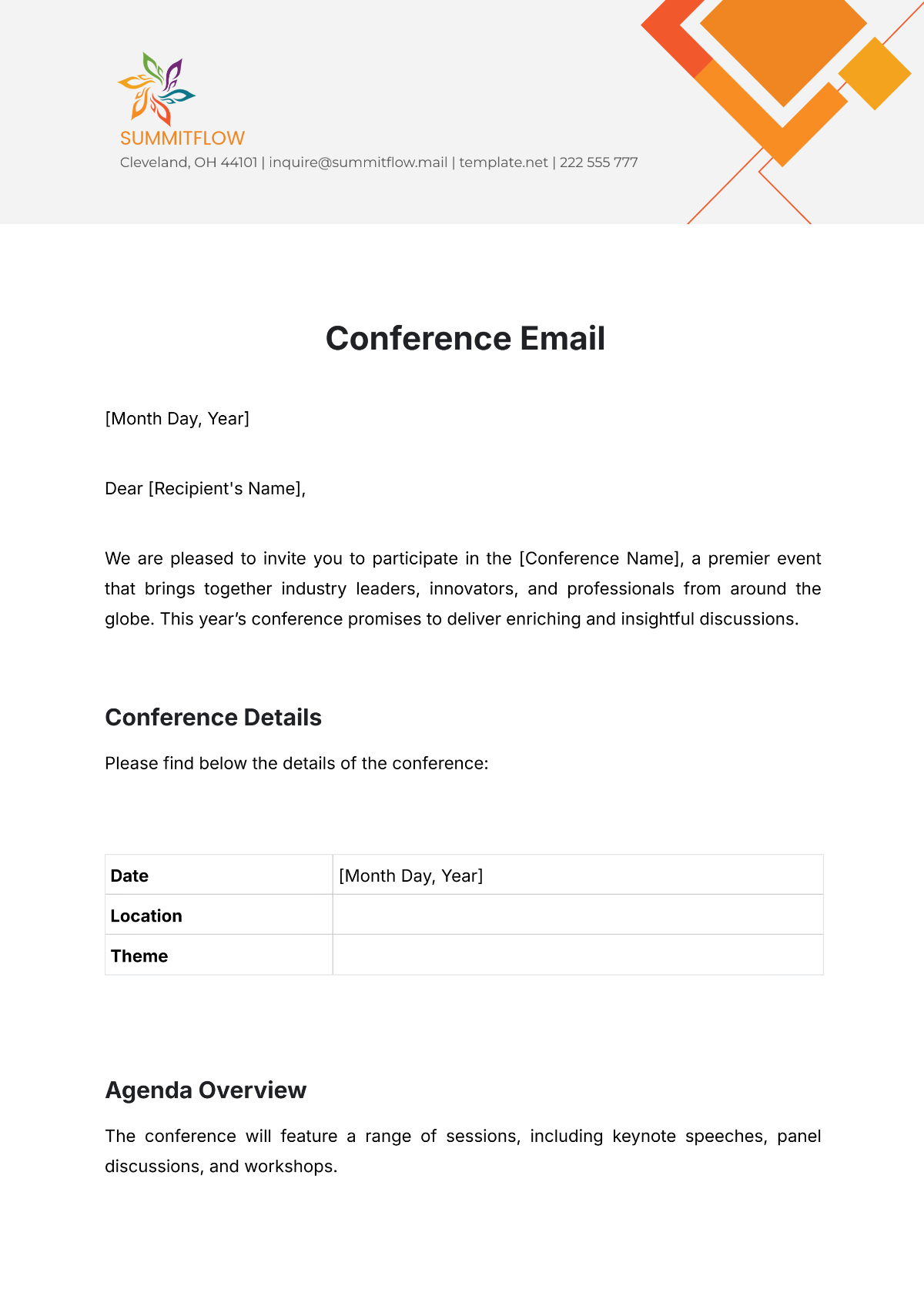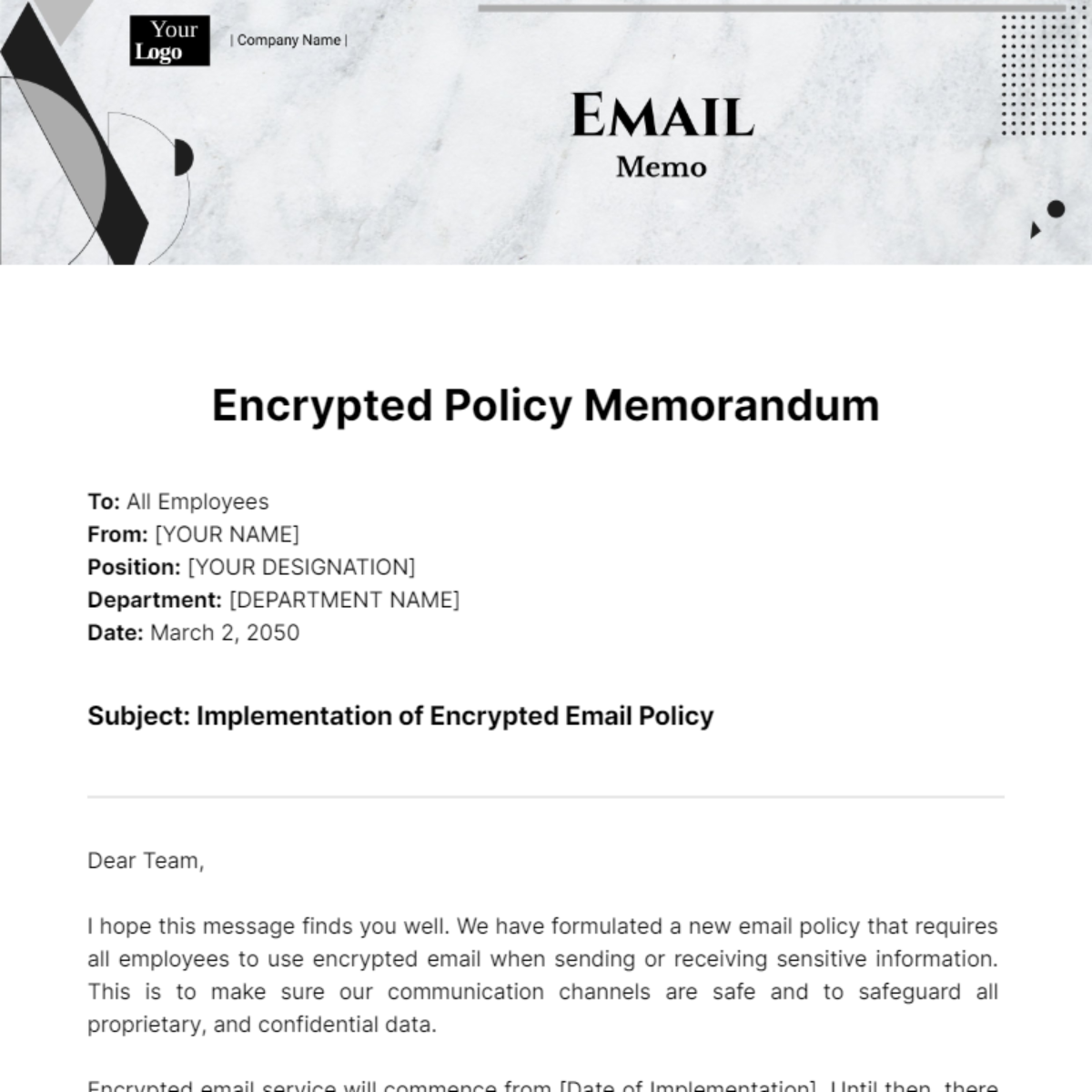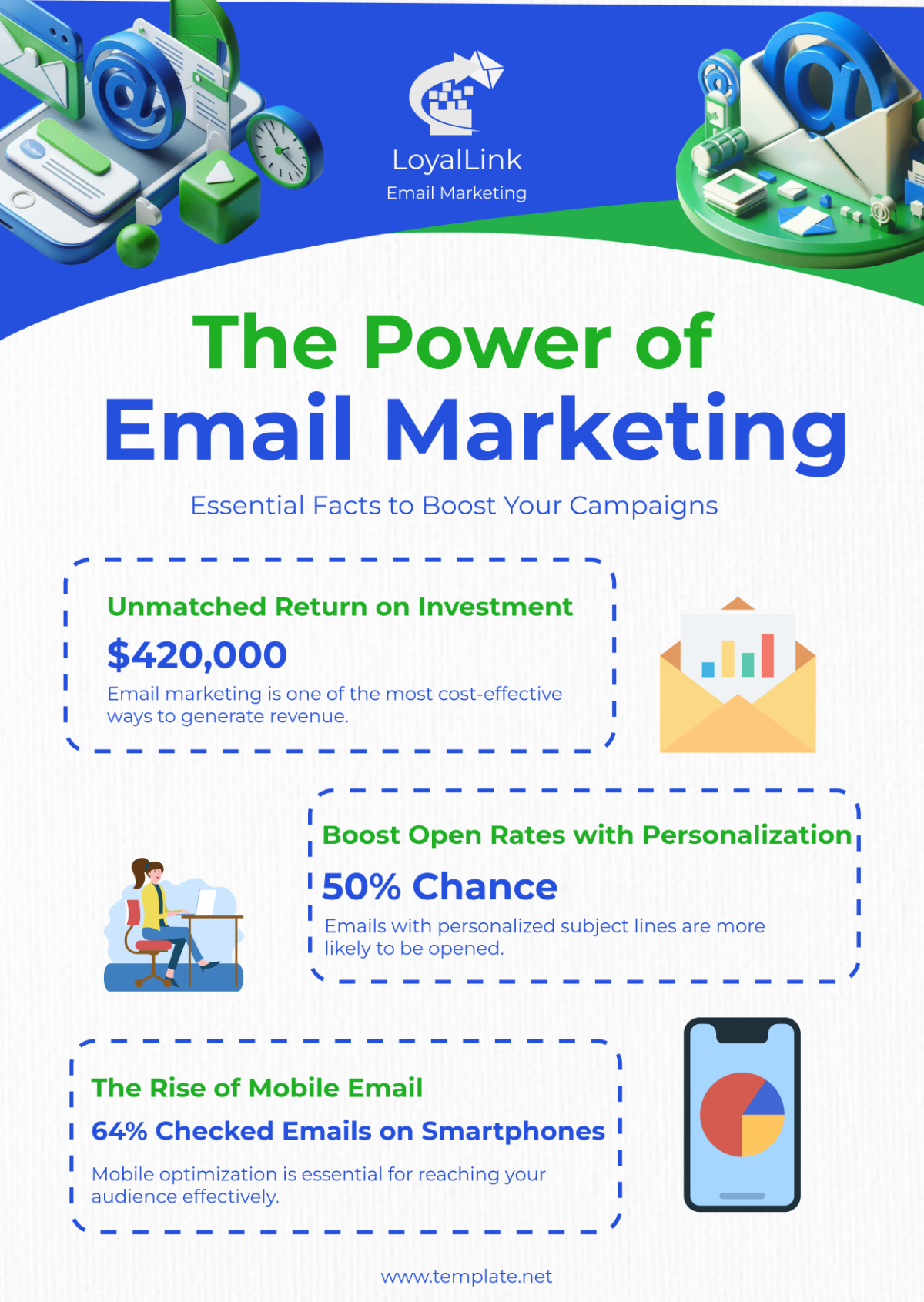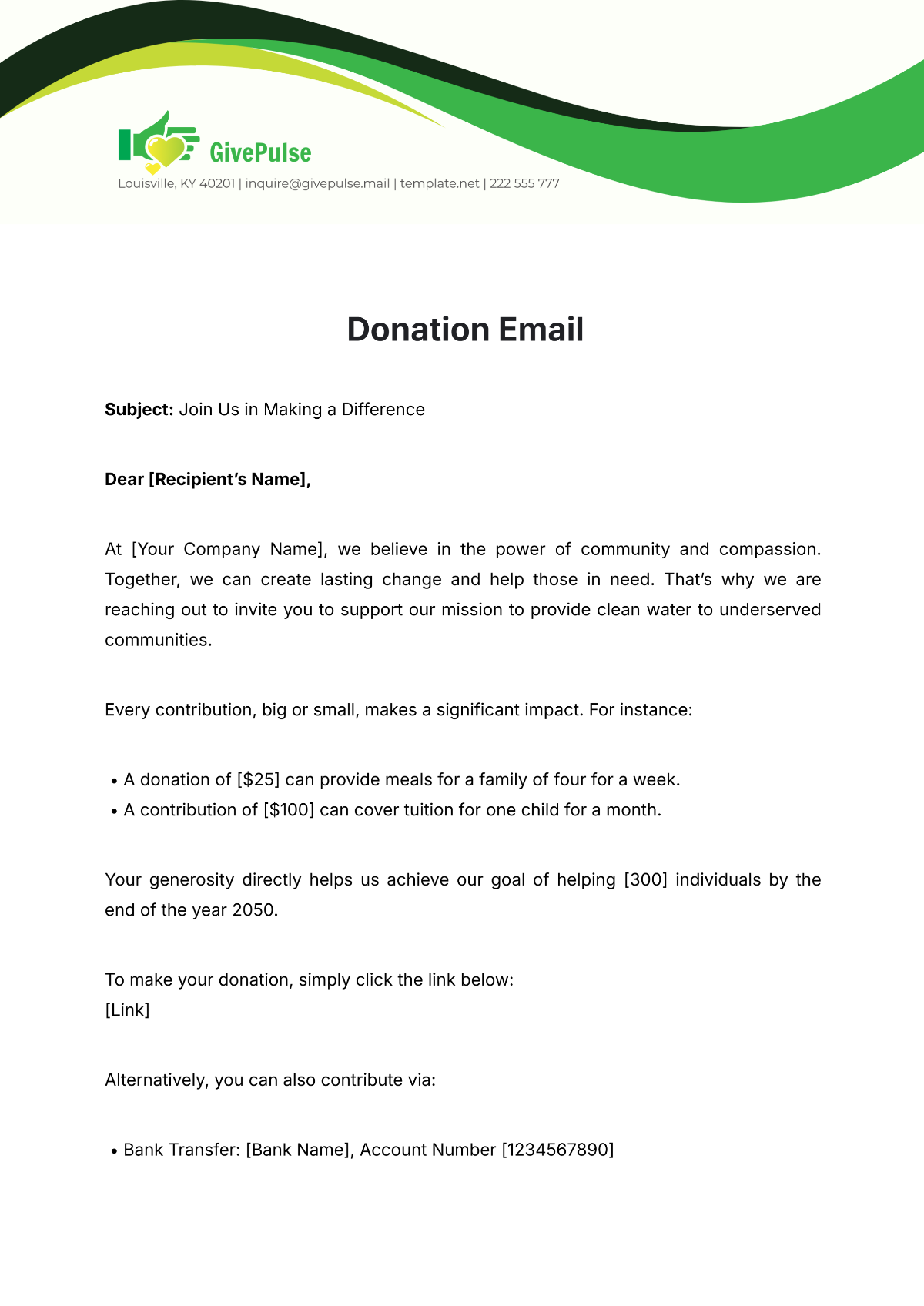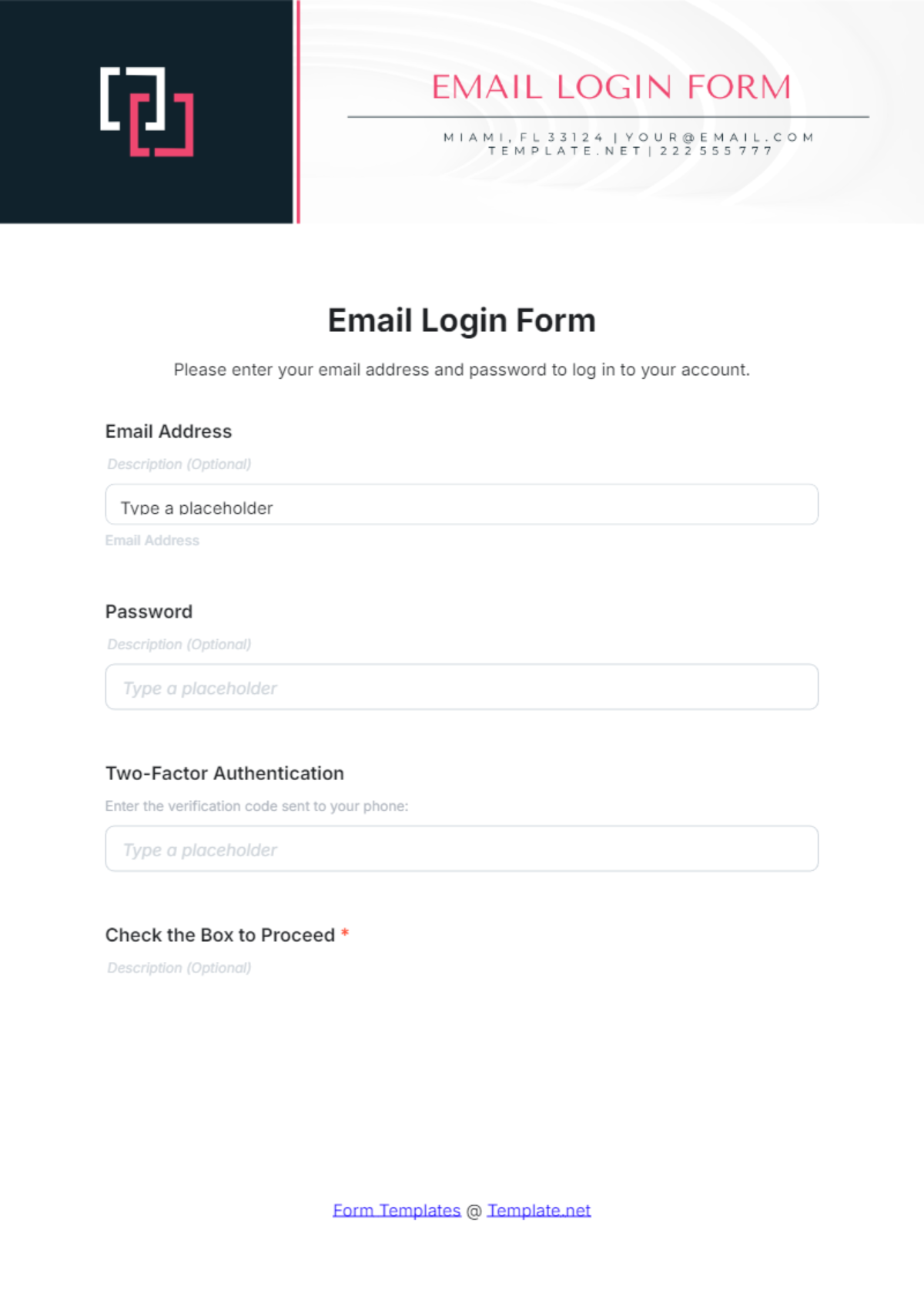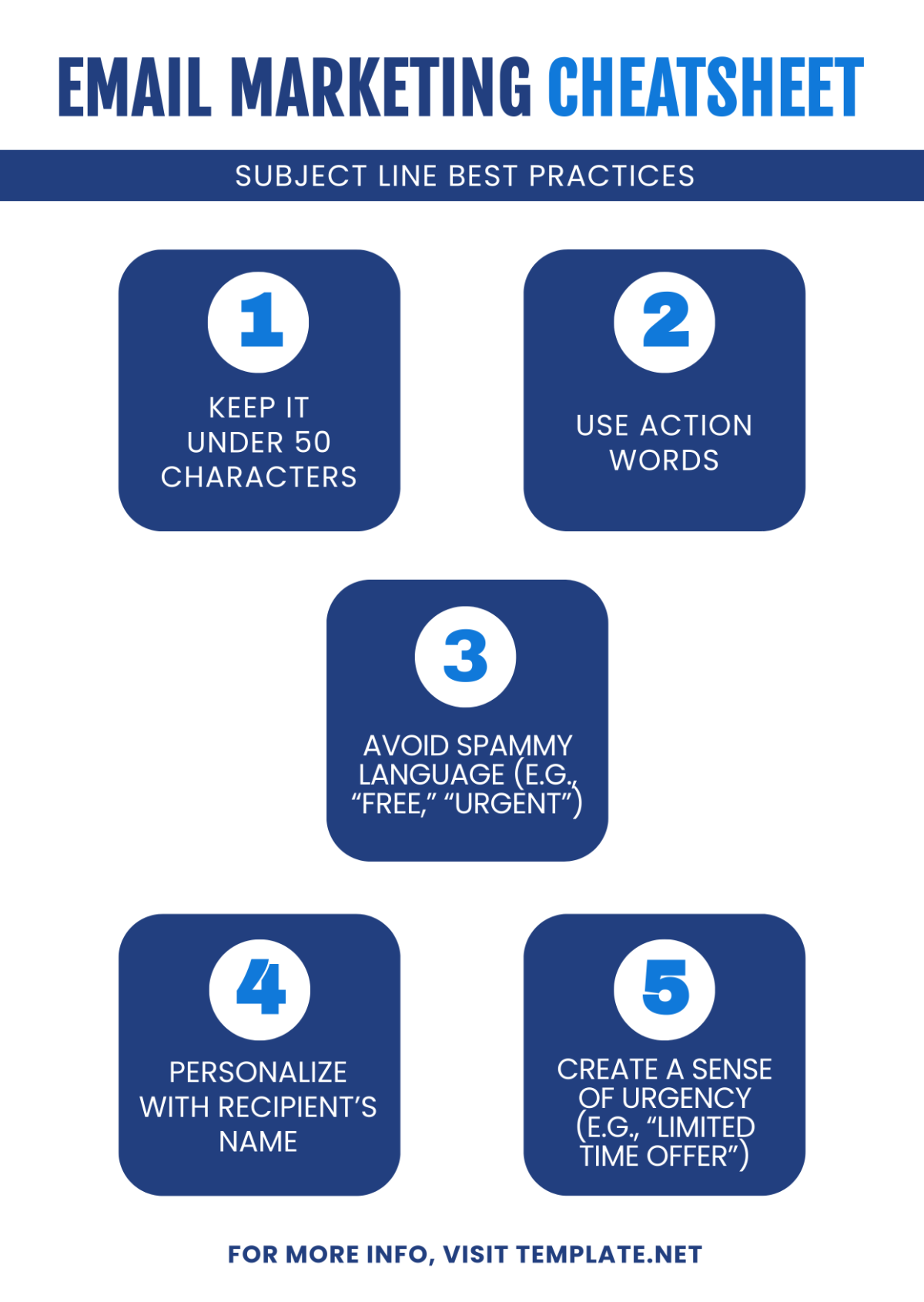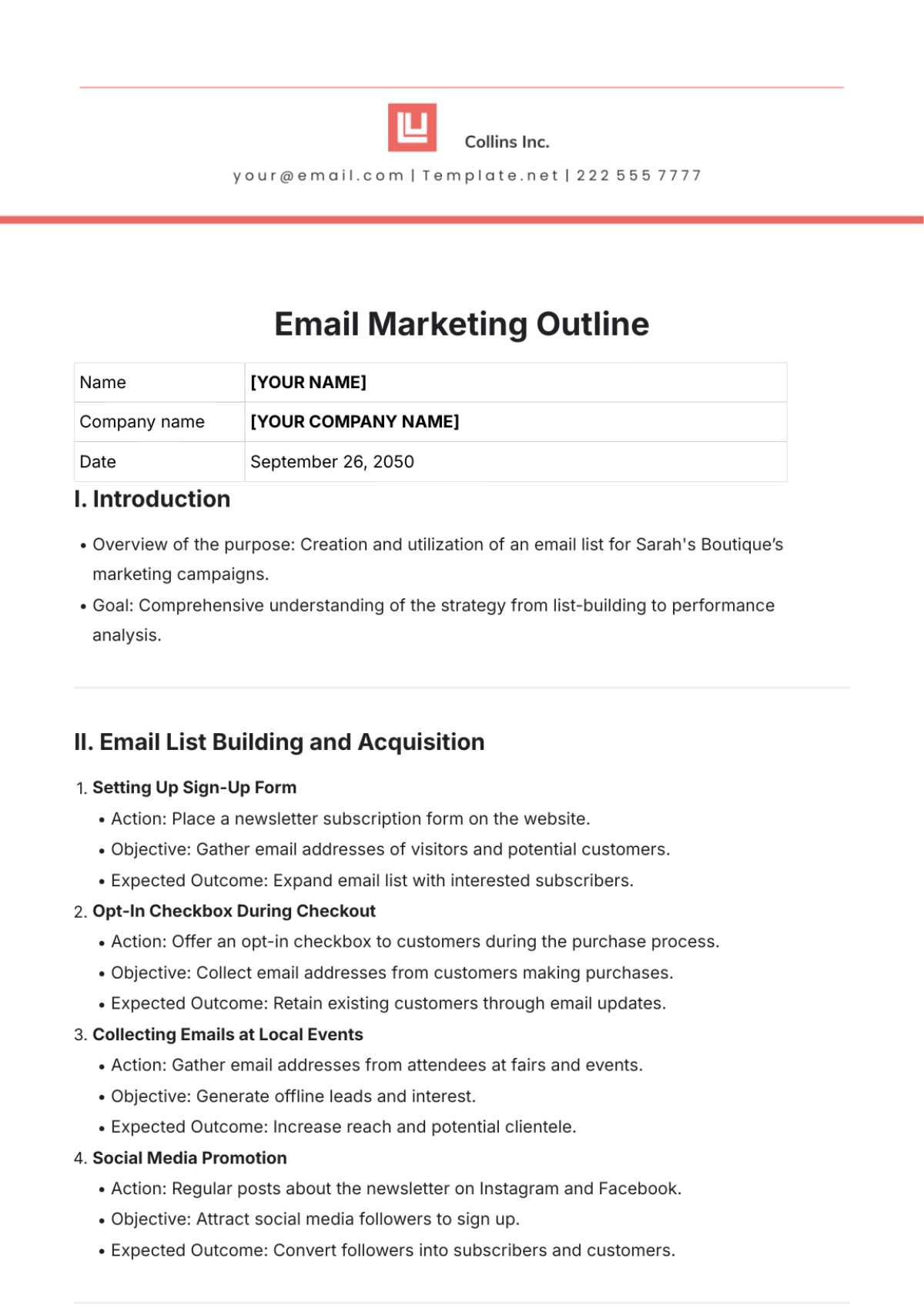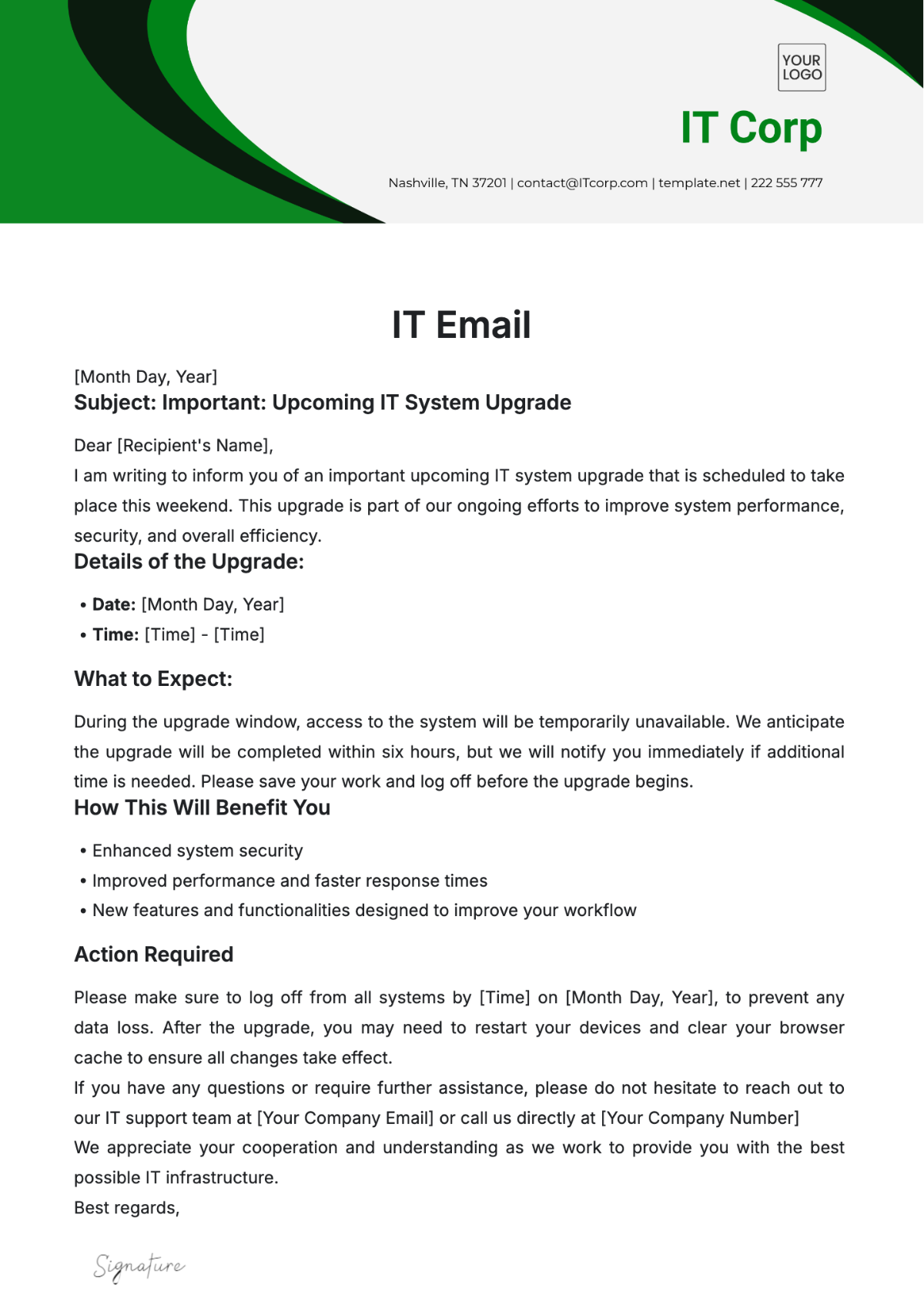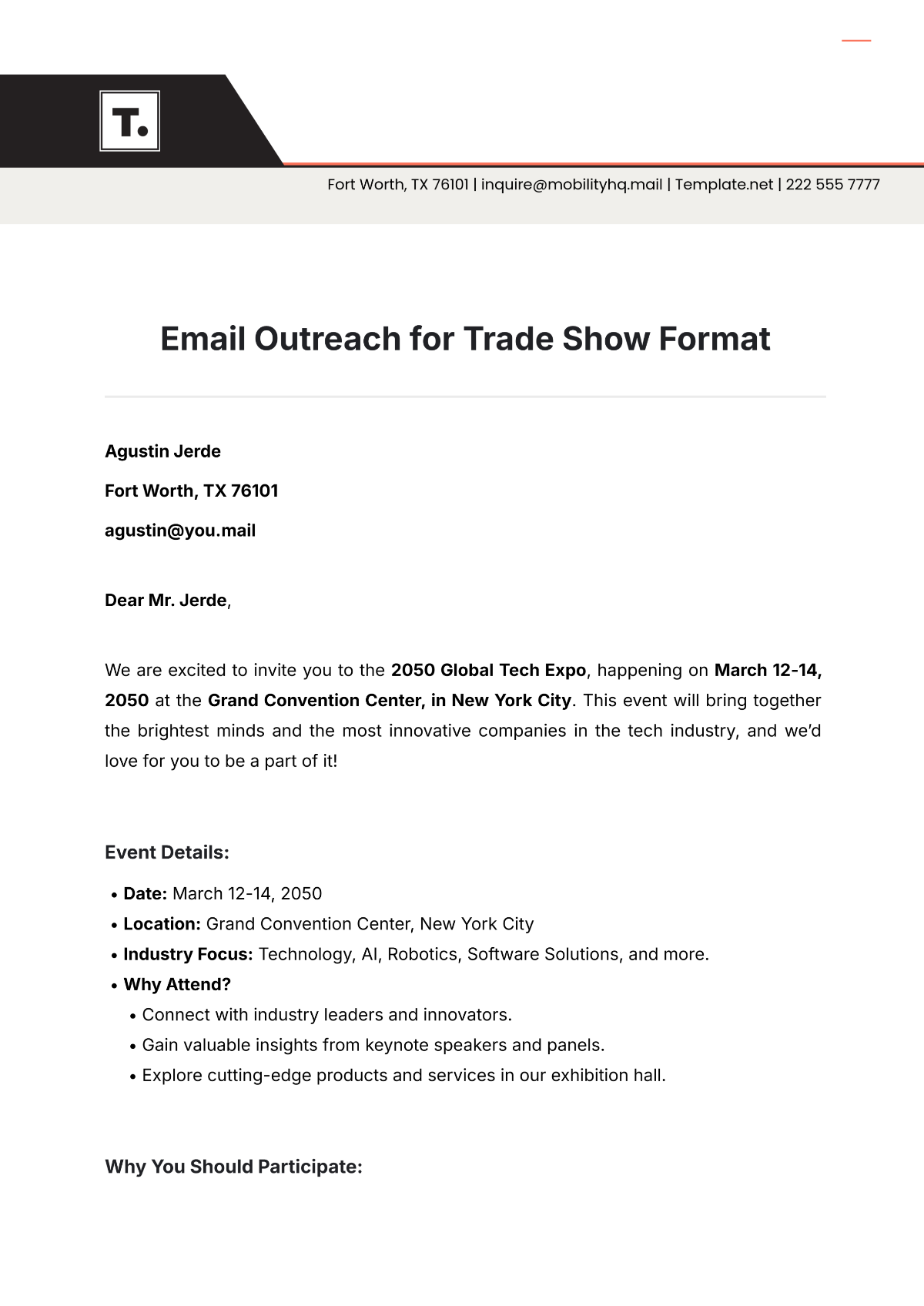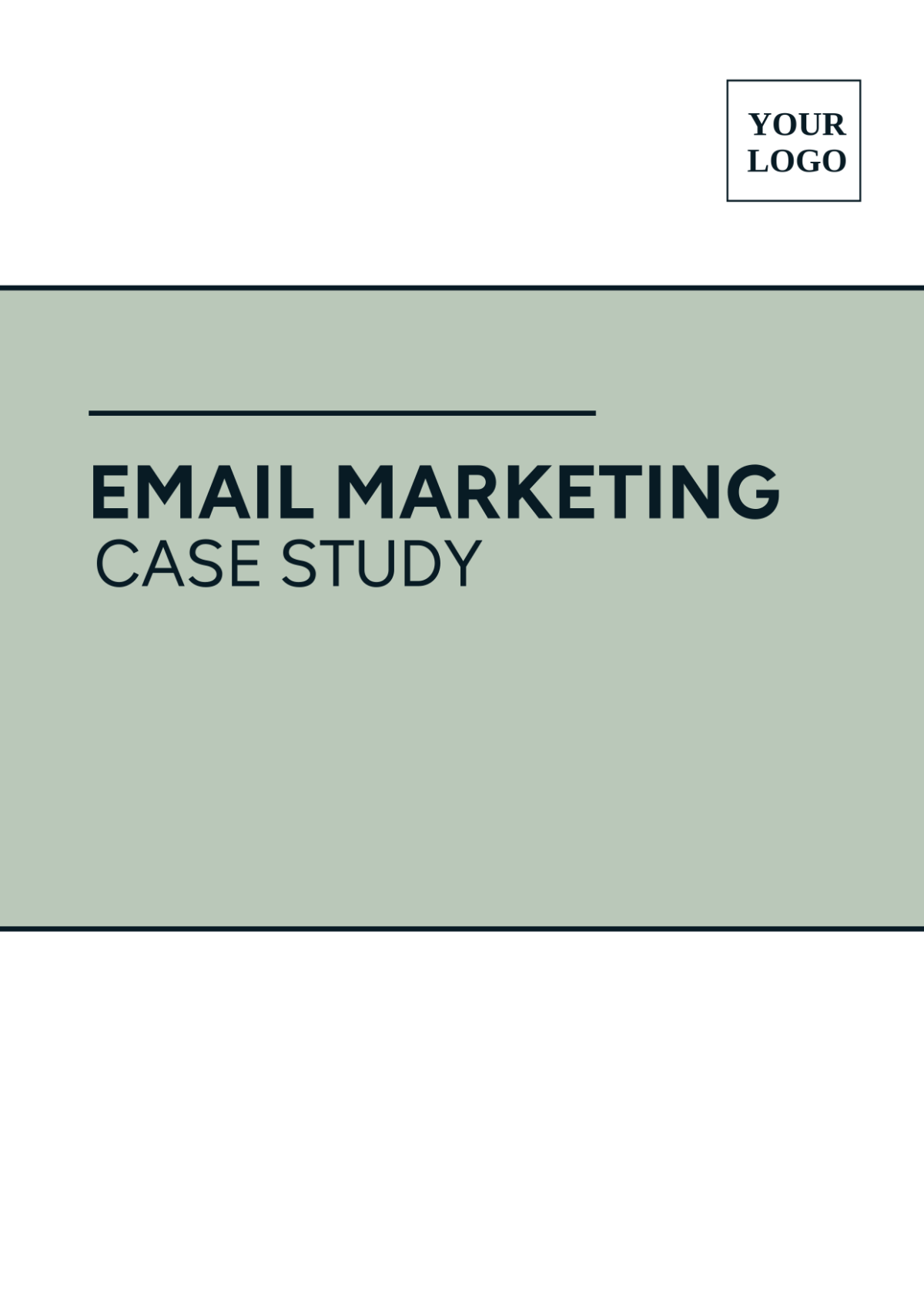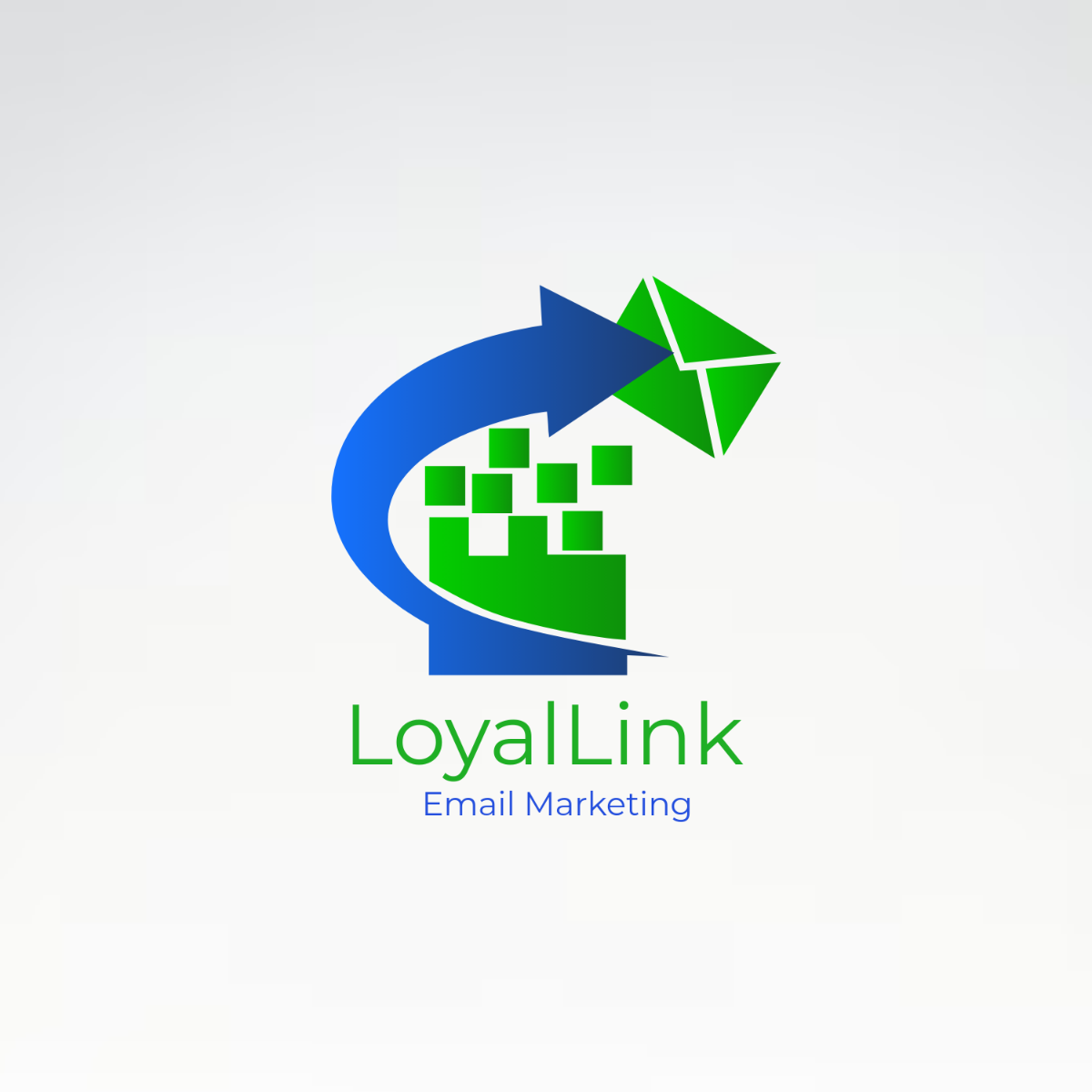Email Marketing Document On GDPR
Introduction
In today's digital age, data privacy is a paramount concern for individuals and organizations alike. The General Data Protection Regulation (GDPR) is a comprehensive legal framework established to safeguard the personal data of European Union (EU) citizens and residents. However, its implications extend far beyond the EU borders, affecting any organization that processes the data of EU individuals. GDPR, which came into effect on [Month Day, Year], represents a landmark shift in how personal data is handled.
Under GDPR, personal data encompasses any information that can be used to identify a person, including but not limited to names, email addresses, phone numbers, and even digital footprints such as IP addresses. This regulation significantly impacts email marketing, as it introduces a stringent set of rules and principles that organizations must adhere to when collecting, processing, and storing personal data.
The primary objective of GDPR is to empower individuals with greater control over their personal information. It grants them rights to know what data is being collected, how it will be used, and the right to give or withdraw consent. For email marketers, this means a fundamental shift in the way they interact with their subscribers. Consent becomes the linchpin of email marketing campaigns, as it requires explicit and freely given permission from the data subjects before sending them marketing emails. This regulation intends to put an end to unsolicited and intrusive marketing practices, fostering more transparent and respectful communication between businesses and individuals.
In the following sections, we will explore the key principles of GDPR that email marketers must integrate into their practices. From obtaining lawful consent to respecting data subject rights, understanding these principles is vital for building trust with subscribers and avoiding the potentially severe penalties associated with GDPR non-compliance.
Key Principles of GDPR
Understanding the core principles of GDPR is essential for any organization engaged in email marketing. These principles provide the foundation for data protection and guide email marketers in achieving compliance:
Data Processing Consent: GDPR mandates that individuals must provide explicit and informed consent before their data can be processed. This requires email marketers to clearly communicate the purpose of data processing and obtain opt-in consent. Consent must be freely given and easily revocable, putting subscribers in control of their data.
Data Minimization: The principle of data minimization emphasizes collecting only the data necessary for the intended purpose. Email marketers should critically evaluate what information is essential for their campaigns and avoid excessive data collection. Storing unnecessary data can lead to compliance issues.
Purpose Limitation: Personal data collected for email marketing should be used solely for the purposes agreed upon by the data subjects. Deviating from these purposes without obtaining new consent can lead to GDPR violations.
These principles, among others, underscore the importance of ethical data handling in email marketing. Adhering to these principles not only ensures GDPR compliance but also builds a stronger and more respectful relationship with subscribers, fostering trust and loyalty.
Lawful Bases for Processing Data
Under the General Data Protection Regulation (GDPR), organizations must have a lawful basis for processing personal data. For email marketers, understanding these lawful bases is crucial as they determine the legality of using subscribers' data in marketing campaigns. GDPR defines six lawful bases for processing data:
Consent: This is perhaps the most familiar lawful basis for email marketers. Consent implies that individuals have given explicit permission for their data to be processed for specific purposes. In email marketing, this means that subscribers must actively opt in to receive marketing communications. Consent must be clear, affirmative, and easily revocable. It is the preferred lawful basis for email marketing as it ensures that subscribers willingly engage with your content.
Contractual Necessity: When personal data processing is necessary to fulfill a contract with the data subject, this lawful basis applies. In the context of email marketing, this could include sending order confirmations, shipping updates, or service-related notifications to customers who have made a purchase. However, marketing emails may not be justified under this basis alone.
Legal Obligation: If your email marketing activities are required to meet a legal obligation, such as providing tax information or complying with industry regulations, this lawful basis applies. It's less common in pure marketing contexts but important for organizations that have legal requirements to share specific information with their subscribers.
Vital Interests: This basis comes into play in situations where someone's life is at risk, and their data needs to be processed to protect their vital interests. In email marketing, this is rarely applicable and typically reserved for situations like medical emergencies.
Legitimate Interests: This lawful basis allows organizations to process data if they have a legitimate interest that is not overridden by the individual's interests, rights, or freedoms. Email marketers can rely on this basis for some of their activities, but it's critical to conduct a Legitimate Interest Assessment (LIA) to ensure that the interests are genuinely balanced and justified.
Public Task: If processing personal data is required to carry out official functions or tasks that are in the public interest, this lawful basis is relevant. Email marketing activities are generally not covered by this basis unless you are a government agency or a public service provider with a clear public task.
Understanding these lawful bases is fundamental for email marketers to ensure they have a valid reason to process personal data. Failing to establish a lawful basis can result in non-compliance with GDPR and potential penalties. It's vital to choose the most appropriate basis for each specific data processing activity, document the choice, and communicate it clearly to your subscribers.
Consent in Email Marketing
Consent is the cornerstone of email marketing under GDPR. Obtaining valid and lawful consent is essential for any email marketer to remain compliant. GDPR defines consent as "any freely given, specific, informed, and unambiguous indication of the data subject's wishes by which they, by a statement or by a clear affirmative action, signify agreement to the processing of personal data."
In practical terms, this means that subscribers must actively choose to receive marketing emails. Pre-checked boxes or ambiguous language are no longer acceptable. Here are some key points to consider:
Clear and Unambiguous: Your request for consent should be crystal clear and free from jargon. Subscribers should know precisely what they are signing up for.
Opt-in, Not Opt-out: The default setting should be "opt-out." Subscribers should actively check a box or click a button to agree to receive emails. Silence or inactivity should not be considered consent.
Granular Consent: Allow subscribers to choose the types of emails they want to receive. For example, they can opt for newsletters, promotions, or product updates separately.
Easy Withdrawal: Subscribers should be able to withdraw their consent just as easily as they gave it. Provide a simple, accessible process for unsubscribing from emails.
Document Consent: Keep records of consent, including what the subscriber was told at the time of consent, when and where it was obtained, and what they consented to receive.
Obtaining valid consent is an ongoing process, and email marketers should be prepared to refresh consent periodically. It's not a one-time event; it's an ongoing relationship with your subscribers. By following these principles of consent, you'll not only ensure GDPR compliance but also build trust and maintain a healthy subscriber list.
Data Subject Rights
Under the General Data Protection Regulation (GDPR), individuals have a set of fundamental rights regarding their personal data. As email marketers, it is imperative to understand and respect these rights, as they are at the core of GDPR's mission to empower individuals with control over their personal information. Here are some key data subject rights:
Right to Access: Data subjects have the right to obtain confirmation as to whether or not their personal data is being processed. As email marketers, you should be prepared to provide subscribers with a copy of their data upon request, including details of how their data is used.
Right to Rectification: If a subscriber's data is inaccurate or incomplete, they have the right to have it corrected. It is essential to have mechanisms in place to address and rectify data upon request promptly.
Right to Erasure (Right to be Forgotten): Data subjects can request the deletion of their data, and email marketers must comply unless there are legitimate reasons for retaining the data. This right is significant and requires a robust data management strategy.
Right to Restrict Processing: Data subjects can request that you restrict the processing of their data. This means you can store the data but not use it. This right is often exercised when there is a dispute about the accuracy or lawfulness of processing.
Right to Data Portability: Data subjects have the right to receive their personal data and, if technically feasible, to transmit it to another data controller. For email marketers, this means providing data in a machine-readable format if requested.
Right to Object: If data is being processed for legitimate interests or direct marketing, individuals have the right to object. As email marketers, you must provide a clear and straightforward way for subscribers to opt out of marketing emails.
Automated Decision-Making and Profiling: If you use automated processes that significantly impact subscribers (e.g., automated personalization), individuals have the right to human intervention and the ability to express their point of view.
Right to Complain: Data subjects have the right to lodge a complaint with a supervisory authority. Email marketers should be aware that non-compliance may lead to complaints and regulatory investigations.
Understanding and accommodating these rights is essential for email marketers. You should have well-defined procedures in place to respond to data subject requests promptly and transparently. GDPR requires organizations to handle these requests without undue delay, typically within one month.
Data Protection Impact Assessments (DPIAs)
Data Protection Impact Assessments (DPIAs) are a vital aspect of GDPR compliance, and they play a crucial role in email marketing. A DPIA is a systematic process to assess the impact of data processing activities on the protection of personal data. It helps identify and mitigate risks and ensures that data processing aligns with GDPR principles.
For email marketers, conducting a DPIA may be necessary in certain situations, such as when you're planning a new email marketing campaign that involves processing personal data in a way that could result in high risks to data subjects' rights and freedoms. Key steps in conducting a DPIA for email marketing campaigns include:
Identifying the Need: Recognize when a DPIA is required. If you are launching a new campaign that involves substantial data processing, it's essential to evaluate the risks.
Data Mapping: Understand what data will be collected, processed, and stored during the campaign. Ensure you have a clear overview of the personal data involved.
Risk Assessment: Identify and assess the potential risks to data subjects' rights and freedoms. This includes evaluating the likelihood and severity of these risks.
Mitigation Measures: Implement measures to mitigate identified risks. This may involve encryption, pseudonymization, or enhanced security measures to protect data.
Documentation: Document the DPIA process, including the identified risks and the steps taken to mitigate them. This documentation is essential for accountability and compliance.
Review and Update: Regularly review and update DPIAs to ensure they remain relevant and effective, especially when campaigns or data processing methods change.
By conducting DPIAs, email marketers can proactively identify and address potential risks to data subjects and ensure GDPR compliance. It's a practice that not only safeguards data but also builds trust with subscribers who know their data is handled with care and transparency.
Data Breach Notification
Under the General Data Protection Regulation (GDPR), organizations are legally obligated to report data breaches without undue delay. A data breach is defined as a breach of security leading to the accidental or unlawful destruction, loss, alteration, unauthorized disclosure of, or access to personal data. Email marketers should be aware of the importance of timely and transparent data breach notification.
Key points regarding data breach notification under GDPR:
72-Hour Notification: GDPR stipulates that organizations must report a data breach to the relevant supervisory authority within 72 hours of becoming aware of it. This is a relatively short timeframe, emphasizing the urgency of the matter.
Individual Notification: In certain cases, when a data breach is likely to result in a high risk to individuals' rights and freedoms, organizations are also required to inform the affected data subjects without undue delay.
Documentation: It's crucial to maintain records of all data breaches, regardless of their severity. GDPR requires organizations to document the facts, effects, and remedial actions taken for each breach.
Incident Response Plan: Having a well-defined incident response plan is essential. This plan should outline the steps to take when a data breach occurs, including who is responsible for notifying authorities and individuals.
Data Protection by Design: GDPR promotes the concept of "data protection by design." This means that email marketers should incorporate data security measures into their processes, considering data protection at every stage.
Preventing Recurrence: Beyond notification, organizations are also responsible for taking measures to prevent the recurrence of the breach and to mitigate its effects.
Data breach notification is a critical aspect of GDPR, emphasizing transparency and accountability. Email marketers should have procedures in place to detect and report data breaches promptly, ensuring that affected individuals and supervisory authorities are informed as required.
Data Transfers and Third Parties
Many email marketers work with third-party email marketing platforms or service providers, and they may need to transfer data outside the European Economic Area (EEA). GDPR places restrictions on such transfers to ensure that personal data remains protected.
Key considerations for data transfers and working with third parties under GDPR:
Data Transfer Mechanisms: When transferring data outside the EEA, you must ensure there is a legal basis for the transfer. Common mechanisms include Standard Contractual Clauses (SCCs), Binding Corporate Rules (BCRs), and obtaining explicit consent from data subjects.
Assessment of Adequacy: Some countries are considered "adequate" by the European Commission, meaning they offer a level of data protection equivalent to GDPR. Data transfers to such countries are generally allowed without additional safeguards.
Third-Party Contracts: Email marketers must have clear contracts and agreements with third-party service providers, ensuring that these providers also comply with GDPR. These contracts should outline data protection responsibilities and include clauses on data security and breach notification.
Data Minimization: Minimize the data transferred to what is strictly necessary for the intended purpose. Limit the data shared with third parties to reduce risks.
Audits and Assessments: Periodically assess and audit third-party providers to ensure they remain compliant with GDPR. This ongoing vigilance is vital for maintaining data protection standards.
Data Processing Records: Maintain records of data transfers and processing activities involving third parties. This documentation demonstrates accountability and compliance.
Data transfers and working with third parties introduce complexities in GDPR compliance for email marketers. However, by adhering to the regulations and implementing the necessary safeguards, organizations can continue their international email marketing efforts while respecting data protection standards.
Preparing for GDPR Compliance
Preparing for GDPR compliance is an essential step for email marketers to ensure that their practices align with the regulations and protect the rights and data of their subscribers. This section provides practical guidance and a checklist for email marketers to prepare for GDPR compliance:
Data Mapping and Audit: Begin by conducting a comprehensive data audit to identify what personal data you collect and process. Understand where it is stored and how it's used in your email marketing campaigns.
Consent Management: Review your consent practices. Ensure that you are obtaining explicit, informed, and freely given consent for email marketing. Implement clear opt-in mechanisms and offer granular choices to subscribers.
Data Subject Rights: Develop a process for responding to data subject requests promptly. Ensure that you can provide individuals with their data, rectify inaccuracies, and process requests for erasure or data portability.
DPIAs: Assess whether you need to conduct Data Protection Impact Assessments (DPIAs) for any of your email marketing activities, particularly if you're planning new campaigns or significant changes to existing ones.
Data Security and Encryption: Enhance data security measures to protect the personal data you hold. This includes implementing encryption, access controls, and robust data protection mechanisms.
Data Transfer Mechanisms: If you transfer data outside the European Economic Area (EEA), ensure that you have the necessary legal mechanisms in place, such as Standard Contractual Clauses (SCCs), to safeguard data during transfer.
Third-Party Contracts: Review and update your contracts with third-party email marketing service providers to ensure that they meet GDPR requirements and share your commitment to data protection.
Incident Response Plan: Create a robust incident response plan. Know what steps to take in case of a data breach, including notifying the supervisory authority and affected individuals within the required timeframes.
Documentation: Maintain detailed records of your data processing activities. This includes records of consent, DPIAs, data transfers, and incident responses. This documentation is essential for demonstrating compliance and accountability.
Staff Training: Ensure that your staff, especially those involved in email marketing, are trained in GDPR principles and understand their roles in data protection.
Regular Audits and Reviews: Schedule periodic audits and reviews of your GDPR compliance practices. This ongoing vigilance is crucial for staying up to date with evolving regulations and maintaining data protection standards.
By actively preparing for GDPR compliance, email marketers can not only ensure their practices are lawful and ethical but also build trust with their subscribers.
Conclusion
The General Data Protection Regulation (GDPR) has introduced a significant shift in how email marketing is conducted. While it has imposed stringent regulations and requirements, it has also provided an opportunity for organizations to foster trust, transparency, and responsible data handling. Email marketers must adapt to these changes to build meaningful and compliant relationships with their subscribers.

